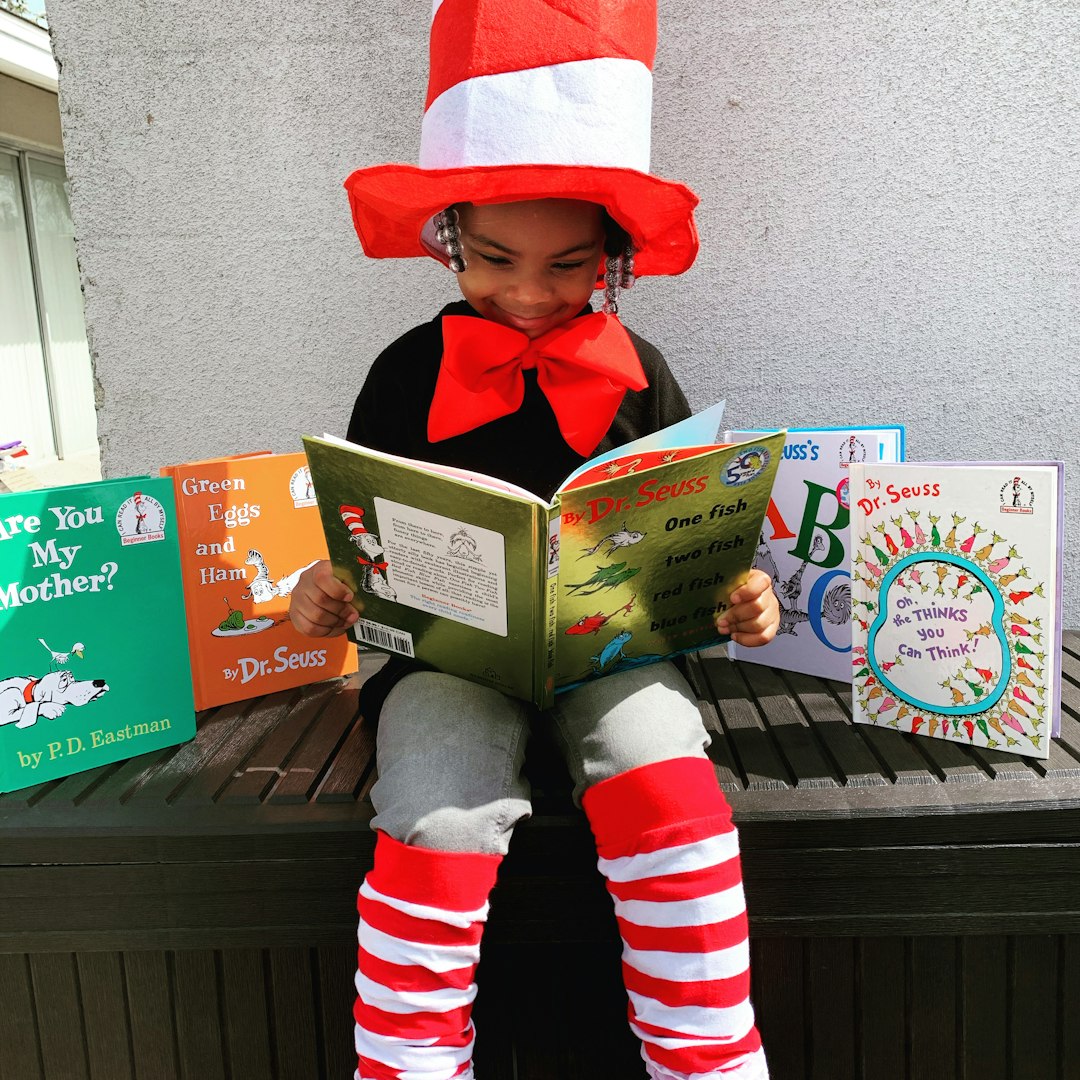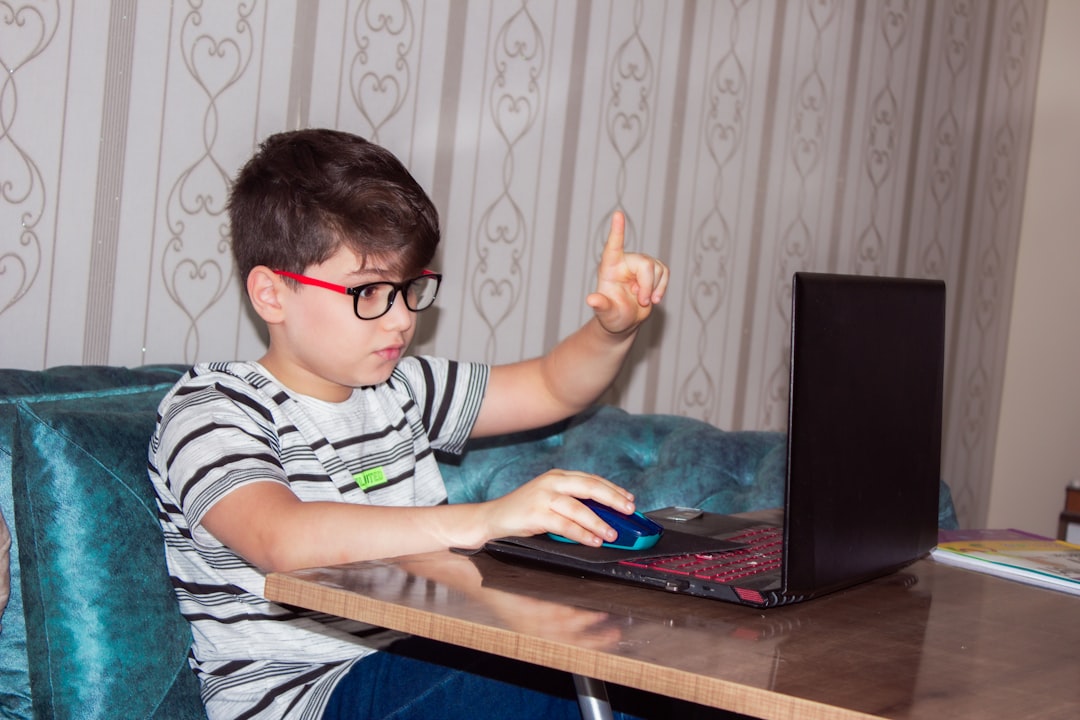One in four.
Twenty-five percent of school-aged children in North America suffer from some sort of anxiety. As a school teacher I’ve seen it myself. Our lifestyles are “busier” than ever, our kids are over-scheduled, and the pressure to “keep up” with other families keeps us on the hamster wheel of childhood achievement. We all want what is best for our kids, so why are our kids getting more stressed and anxious by the day?
The National Institute of Mental Health describes anxiety this way:
“Anxiety is a normal reaction to stress and can actually be beneficial in some situations. For some people, however, anxiety can become excessive, and while the person suffering may realize it is excessive they may also have difficulty controlling it and it may negatively affect their day-to-day living. There are a wide variety of anxiety disorders, including post-traumatic stress disorder, obsessive-compulsive disorder, and specific phobias to name a few. Collectively they are among the most common mental disorders experienced by Americans.”

The question is, do you want your son or daughter to be in the growing group of over-stressed and anxious kids, or do you want to take action now to help them thrive in today’s fast-paced world?
I recently read an excellent article from Worry Wise Kids about “Parenting Tips For Anxious Kids“. As I read each of the tips, I thought, “Yes, that’s Easy Daysies!”
Here are 4 tips from that article you can use today to help your son or daughter be less anxious, more confident, and better prepared for the world out there:
Expectations of Your Child
“It’s important that you have the same expectations of your anxious child that you would of another child (to go to birthday parties, make decisions, talk to adults). However, understand that the pace will need to be slower and there is a process involved in meeting this end goal. You can help your child break down big tasks into smaller steps that your child can accomplish.”
Easy Daysies Magnetic Schedules For Kids do exactly this – break down the day (or part of the day) into simple steps that adults often take for granted, but can be beneficial to children. A child’s concept of time is developed as far as “What’s happening now” and “What’s happening next”. Their sense of accomplishment is also very much that a task well done is its own reward, something we tend to forget as adults. Hence, the “To Do” and “Done” sides of the Easy Daysies magnetic board.
Build your child’s personal strength
“It’s important to praise your child for facing challenges, trying something new or brave behavior…There is a lot you can do to help build your child’s competence. Search to find avenues where your child can show he is good at something (music, art, sports). Also be sure your child has jobs around the house that show your child is contributing to the family.”
Your son or daughter does not need to power wash the house to contribute. Little things like making the bed, setting the table, or feeding a family pet are more than enough to contribute to the family. To make sure this happens consistently, use Easy Daysies magnets from the
Chores and Special Times Pack that have check-mark boxes for each time the task is completed. Remember, the reward is the job well done!
Letting your child learn to do things on his/her own
“While tempting, it is best not to take over or do it for your child. While this might help your child feel better right now, the message your child is getting is that you don’t believe your child can do it. Then your child will start to think the same way about him or herself.”
While power washing may be a bit extreme, you would be amazed at what your child can do by himself / herself! Using Easy Daysies, my own children have learned to read time, clean their bedroom and clean the bathroom (toilets included) all by age 7. These are called “life skills” because our kids can use them for a lifetime! I’ve read too many stories about first year college students who don’t know how to cook, clean or use a bank machine because their well-meaning parents have done everything for them. Once again – the reward is the job well done!
Consequences
“Don’t confuse anxiety with other types of inappropriate behavior. It is very important to set both expectations and have limits and consequences for inappropriate behavior. Parents who have reasonable expectations of their children and clear and consistent limits and consequences for behavior along with love and acceptance have the most competent, self confident and happy children.”
Set your reasonable expectations right on your Easy Daysies magnetic board. First, Snack Time, then Play Time, then Clean Up, and then you get Screen Time. Sometimes the reward is a job well done, plus a reward!
I feel really strongly about helping our kids become independent and less anxious. I’ve heard so many testimonials from professionals and Easy Daysies families about how Easy Daysies helps to lessen anxiety:
“I heard about you from a client of mine. I often recommend to parents that they have a visual schedule for their children. I see a lot of little ones with anxiety and part of keeping that at bay is setting up for them an expectation of what is coming up in their day. Unfortunately, many of the families that I work with are very busy and it is hard to follow through on that recommendation because it is difficult to go home and find the clip art etc. So I was beyond THRILLED to hear that someone has already done this and the in the exact perfect format!! I wanted to order a set to try out for myself so I can tell my clients all about it! Thank you for this wonderful product and for donating a portion of your proceeds. I have worked with children that have come through some of those experiences and have witnessed the horrible trauma as well as the power of healing. Sincere best wishes, Vanessa” – Registered Child Psychologist and Mom of two
Once again, which group do you want your child(ren) to join – the growing group of over-stressed and anxious kids, or the group of strong, independent children who can thrive in today’s fast-paced world?
Easy Daysies can be purchased online or at retailers across North America, such as Staples and Scholar’s Choice in Canada, and Barnes & Noble in the USA.





























